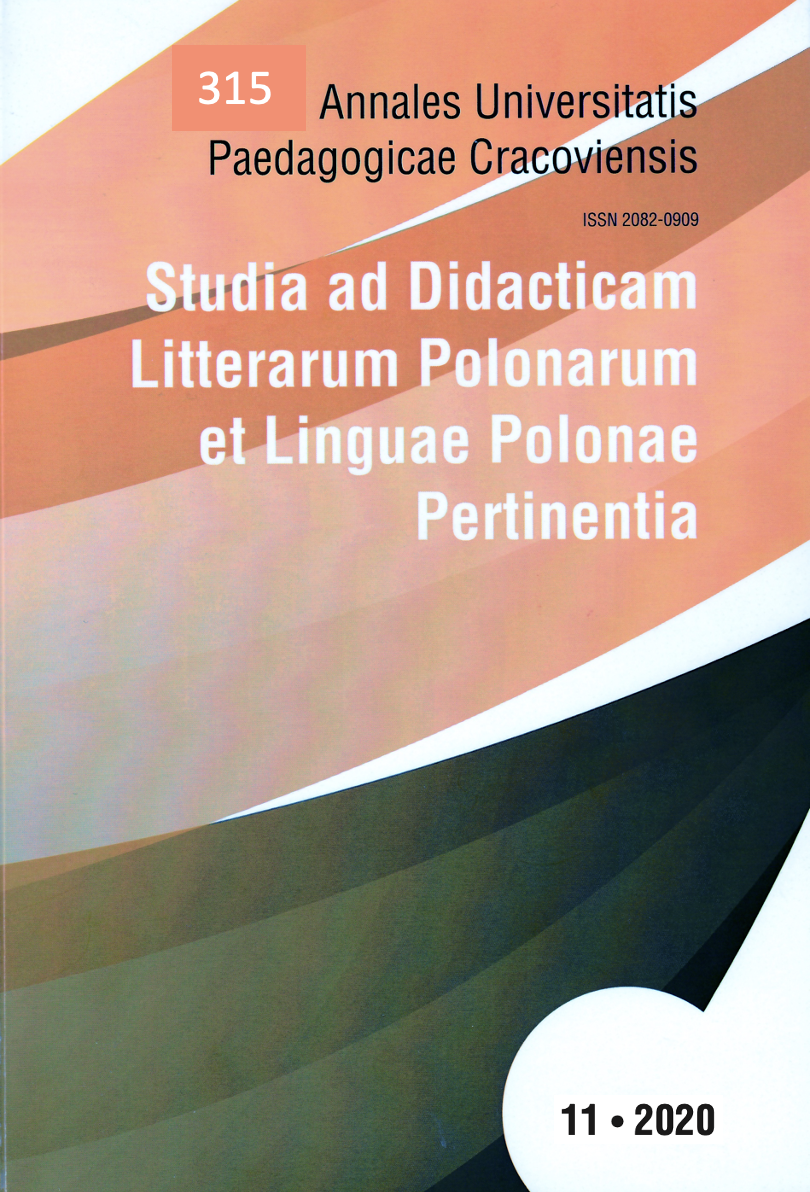Abstract
Mother tongue is not only the language of communication, but also the guardian of tradition and culture. It preserves all earlier linguistic periods and an overall cultural memory of a nation. For this reason, the school subject of the Serbian Language is important for building students’ national identity and it is indeed the most important school subject in primary education. In the processes of organizing, planning, and teaching, a due attention must be given to the elements of national culture that are built in the language and, specifically, in literary works. It is only in this way that literature can fully perform its linguistic, aesthetic, and identity role. This paper looks at the Serbian culture content in the early primary school curricula. Taking the new curricula for the first four grades of primary school as a starting point, the authors analyse the objectives, outcomes, instructions, and the prescribed content in which different layers of Serbian culture are incorporated. The goal of the research is to examine the representation, effects, and a creative impact of culture in the Serbian Language and the literary texts included in the compulsory reading lists. The paper analyses the works belonging to national and contemporary literature, as well as to different genres (epic national poetry, short stories, and contemporary children’s literature). Our conclusion is that the examined material contains the notes, guidelines, and many contents that in the first cycle of primary education draw attention to the diversity and richness of beliefs, ideas, behavioural patterns, and spiritual heritage of Serbian (national) culture.
References
Ikor R., Škola i kultura, Beograd 1980.
Janićijević V., Nastava srpskog jezika i književnosti, [u:] Leksikon obrazovnih termina, ur. Petar Pijanović, Beograd 2014, s. 483-485.
Janićijević V., Od moralnog ka junačkom - Određenje žanra epska pesma u programima i či- tankama za razrednu nastavu, „Inovacije u nastavi”, Beograd 2015, broj 4, s. 54-63.
Jovanović A., Janićijević V., Teacher − the man of culture and the cultured man - about the subject Serbian Culture in European Context at Teacher Training Faculty in Belgrade, „Student in Contemporary Learning and Teaching”, Nowy Sacz-Belgrade 2009, s. 65−70.
Jovanović A., Rad kulture u književnosti - O jednom temeljnom načelu Novice Petkovića, [u:] Jezik, književnost, kultura - Novici Petkoviću u spomen, ur. J. Delić, A. Jovanović, Beograd 2011, s. 93-104.
Jovanović A., Srpska kultura, [u:] Leksikon obrazovnih termina, ur. Petar Pijanović, Beo- grad 2014, s. 758-761.
Jovanović A., Branko Ćopić: školski pisac, „Inovacije u nastavi” 2015, broj 4, s. 70-75.
Jovanović A., Srpski jezik i književnost: nastavni predmet, predmet identiteta i kulture, „Inovacije u nastavi” 2015, broj 4, s. 9-12.
Opačić Z., Tajne veze spoznaja u prozi za decu Svetlane Velmar-Janković, [u:] Naivna svest i fikcija, Novi Sad 2011, s. 57-61.
Opačić Z., Stanišić M., Uvodna reč, [u:] Poezija Moša Odalovića, ur. Z. Opačić, M. Stanišić, Beograd 2018, s. 5-10.
Petković N., Od formalizma ka semiotici, Beograd 1984.
Petković N., Elementi književne semiotike, Beograd 1995.
Rečnik srpskoga jezika, Novi Sad 2007.
Zlatković I., Epska biografija Marka Kraljevića, tematsko-motivska osnova, Beograd 2011.

